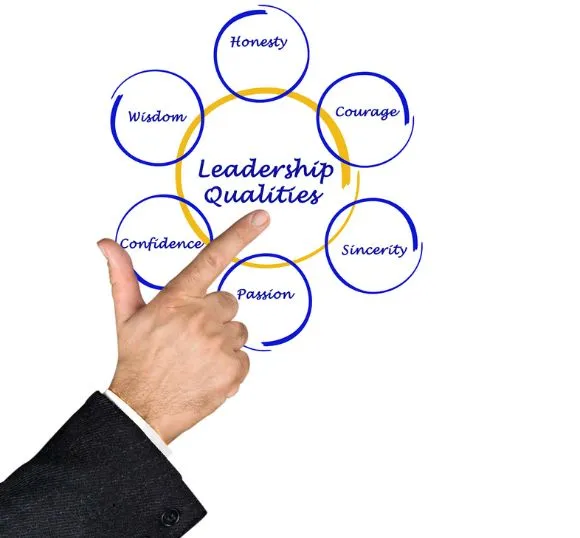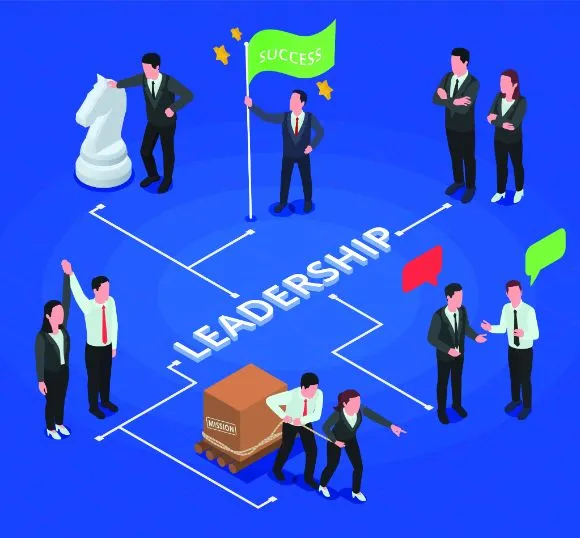Leadership can be understood in a variety of ways. What would you say about it?
The term “leadership” is frequently challenging to define, despite the fact that numerous academics and authors express their opinions regarding effective leaders. Effective leadership, according to Tony Blair, entails “saying no, not yes” while according to Colin Powell, it entails “solving problems.” These interpretations convey an aspect of the image, but I think they fall short. Peter Drucker defined a leader as simply “someone who has followers.”
In essence, it’s “the skill of inspiring people to realise a shared vision or objective” while simultaneously “looking out for the needs and growth of everyone engaged.”

While understanding leadership may be the initial step, applying it is a process that must be continually learned. And that’s what C3S Business School students, in particular, appreciate while pursuing their MBA degrees. To develop their leadership abilities in the present, they acquire both theoretical frameworks and useful instruments.
Leadership entails a variety of factors. Any modification to one of those crucial elements may alter the leader’s performance in terms of approach and outcomes.
Job Role: Based on your position within the organisation, you may be assigned particular duties that set you apart from employees in other positions.
Team: You must think about how to control team dynamics, assign duties to teammates based on their qualifications, and regularly seek input.
Internal factors: Every business has its own operations and policies. Additionally, the corporate culture of the organisation will probably have an effect on you. This encompasses both the principles upheld by management and the taboos and standards that exist at various levels.
External factors: Factors outside of your company can have an impact on how you carry out your duties. Clients, suppliers, competitors, rules and regulations, business practices specific to your industry, and society at large are just a few examples of these environmental elements.
Personality: Everyone is different, and your personality, or “how you tick,” affects the abilities and expertise you bring to the workplace. You should also think about the potential roadblocks that could undermine your success. You’ll have a better chance of using your leadership skills as a competitive advantage if you raise your emotional intelligence.
Your leadership style is built on these five factors, so tweaking any of them will alter how you conduct yourself as a leader.
Some leaders may be excellent communicators who leverage their instincts and serve as role models. Others could be excellent listeners who provide opportunities and help individuals grow.
Others might be outstanding planners who track results and make successful improvements to their plans. A competent leader might actually be made up of a wide variety of traits.

Most of the traits of great leaders may be taught or acquired. The best part is that you can expand your current leadership checklist if you desire to learn new abilities. You might choose to enrol in one of the C3S Business School’s programmes to enhance your knowledge.
A strong leader accepts responsibility to “own up” when things don’t go as planned and delegates credit when things go well.
Leadership development is a constant process. The most effective leaders seek out other people’s opinions and concentrate on introspection.
You can be resilient and successfully navigate unfamiliar situations if you are open to difficulties and think creatively. And exceptional leaders are capable of doing just that: they continuously grow, adjust to shifting circumstances, and maintain their authenticity.





